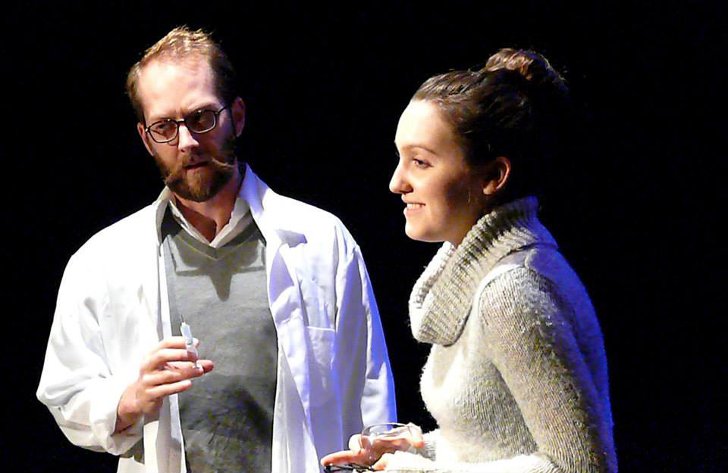The Atlantic Fringe Festival Society was founded in 1990, and the first festival took place in 1991. For two decades from its inception, the Atlantic Fringe Festival was run by Ken Pinto. Pinto resigned after the 20th edition of the festival in 2010, following an open letter of complaint submitted by a touring artist upset with treatment she’d received from the Fringe director. He was succeeded by Thom Fitzgerald, an award-winning American-Canadian film and theater director, playwright, screenwriter and producer.
Like most fringe theater festivals, the Halifax Fringe Festival is guided by several key principles. It is an open-access festival, which means that there is no selection process and anyone can participate with any kind of performance. Due to venue limitations, the participants are selected on a first-come, first-served basis. The festival features local, national and international performers. There’s no censorship at the Halifax Fringe Festival, and the participants enjoy unrestrained artistic freedom.
Shows take place at over a dozen venues in downtown Halifax, with a capacity varying from 30 to 400. The program typically features more than 350 individual performances of about 55 shows, including dramas, comedies, musicals and dance, with a special focus on non-mainstream and experimental theater.
According to the ideals of the Canadian Association of Fringe Festivals (CAFF), festivals must provide an easily accessible opportunity for all artists and audiences. This means that ticket prices at the Halifax Fringe Festival are very affordable, ranging from $1-$10. Besides, there are plenty of free shows. 100% of the ticket revenue goes directly to the artists. The festival is a non-profit event supported by sponsors and run by volunteers.
In 2020, the event was held online due to the coronavirus pandemic.

Photo: atlanticfringe.ca




